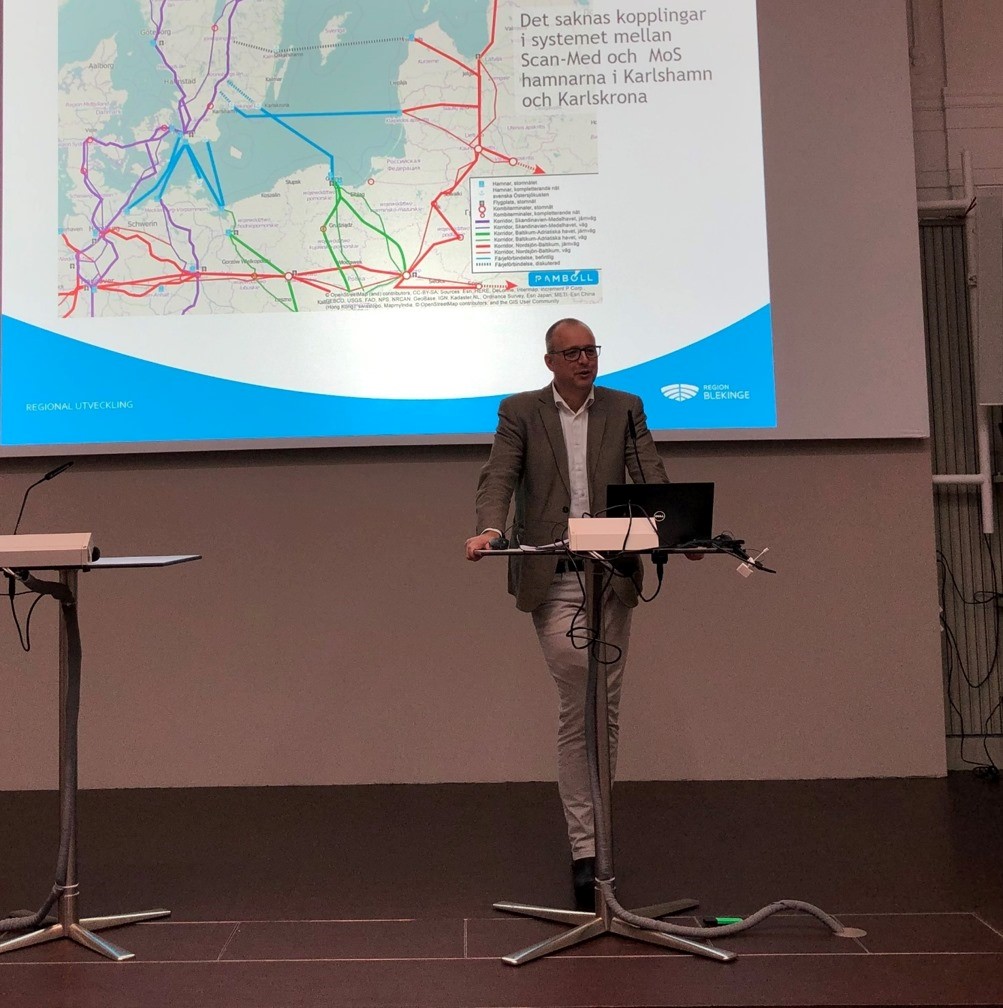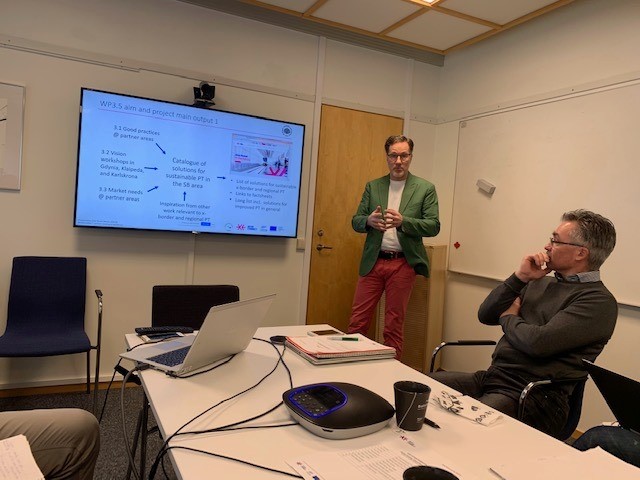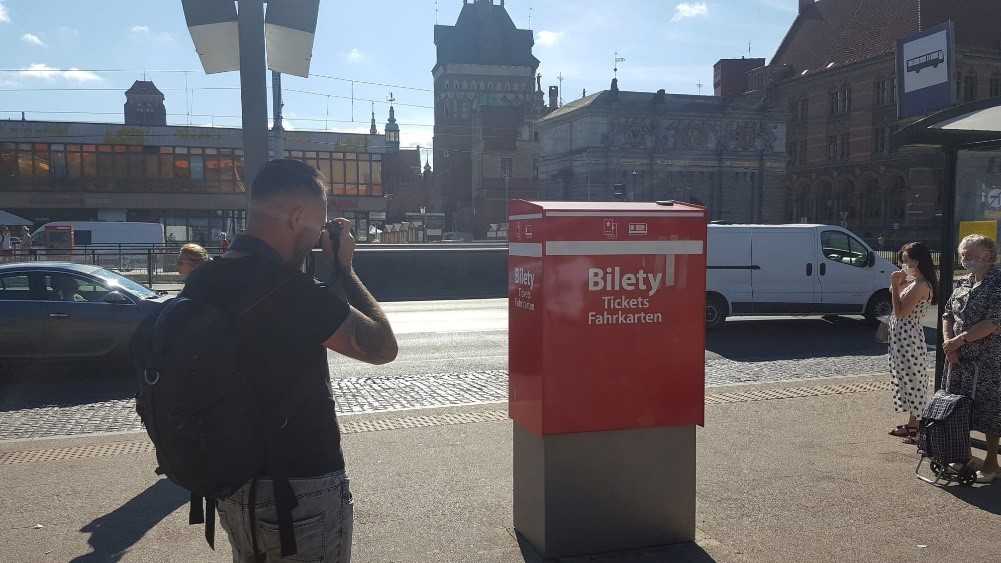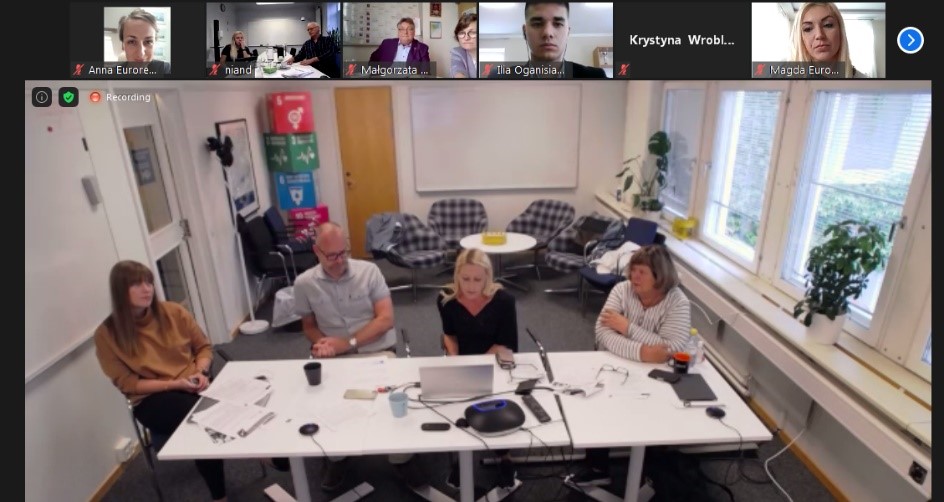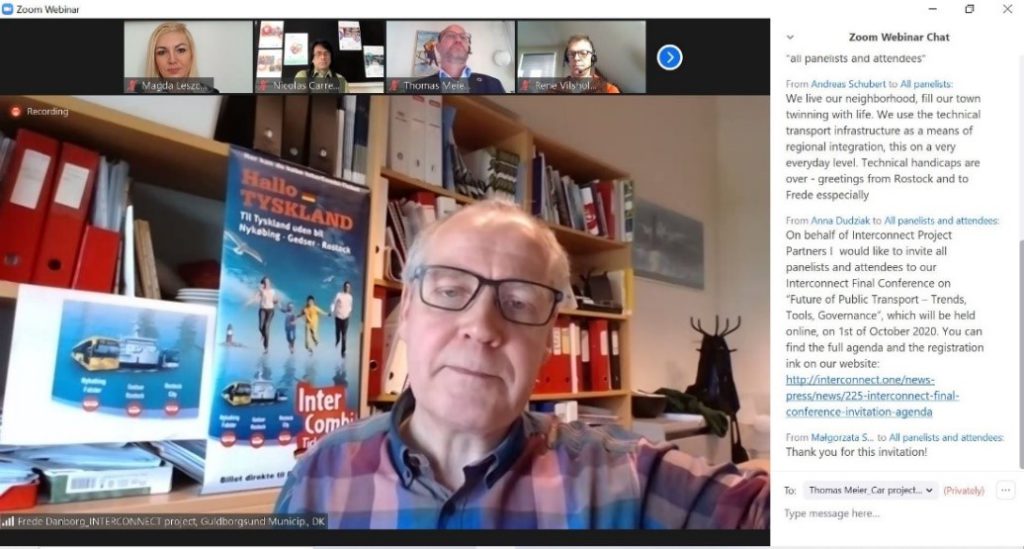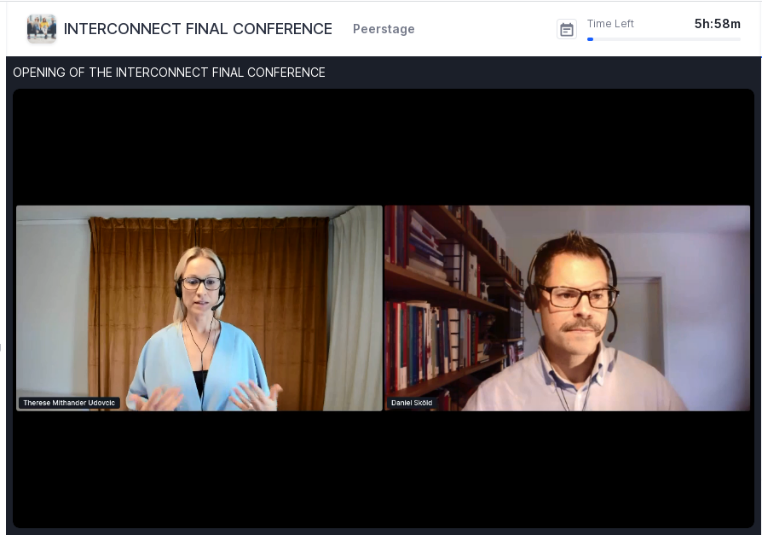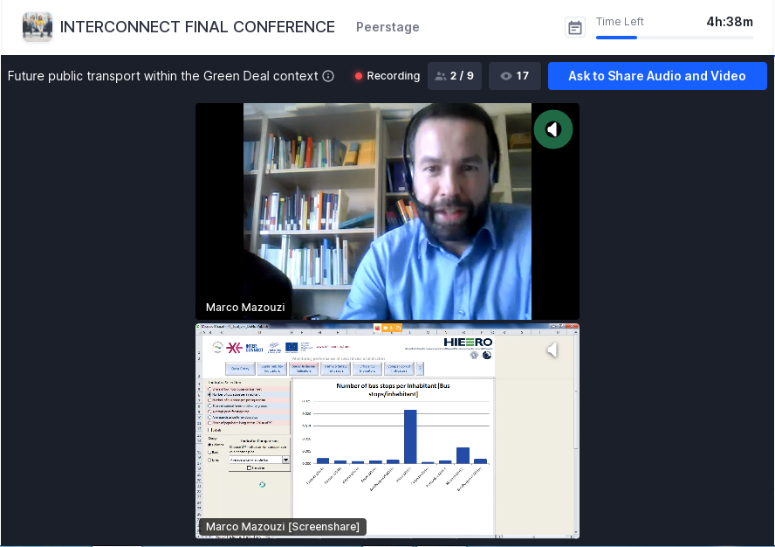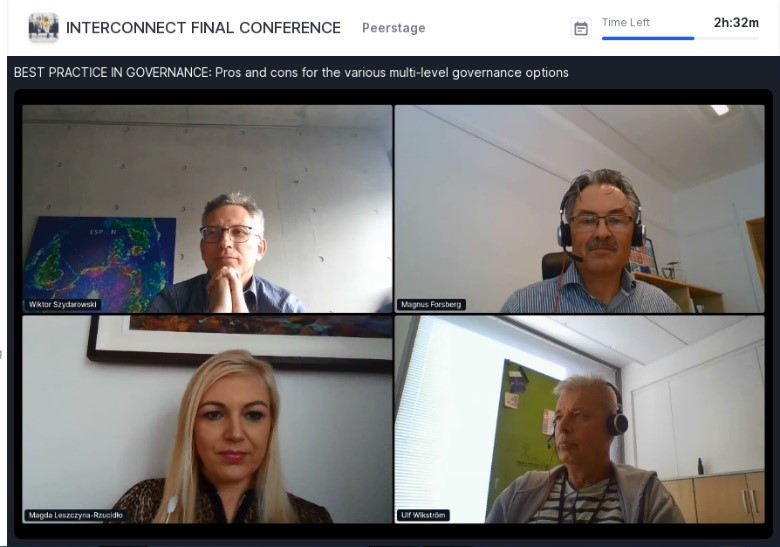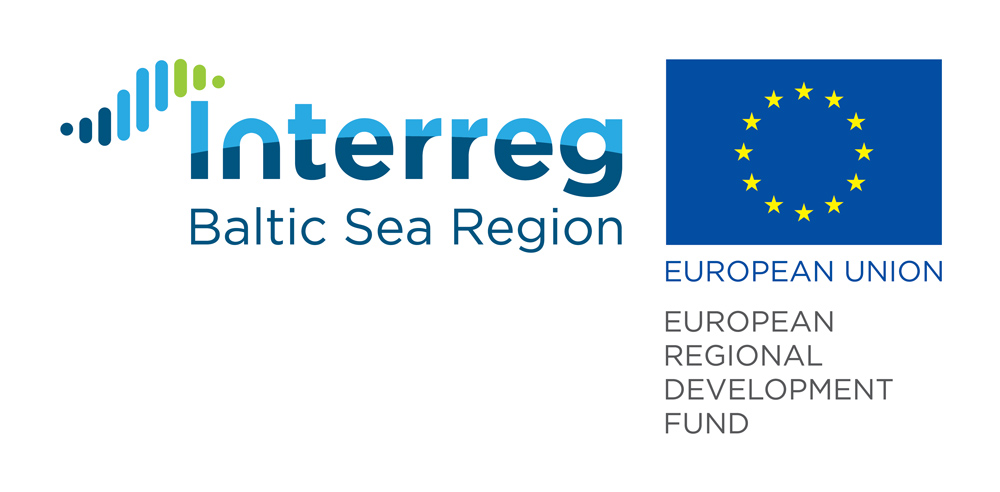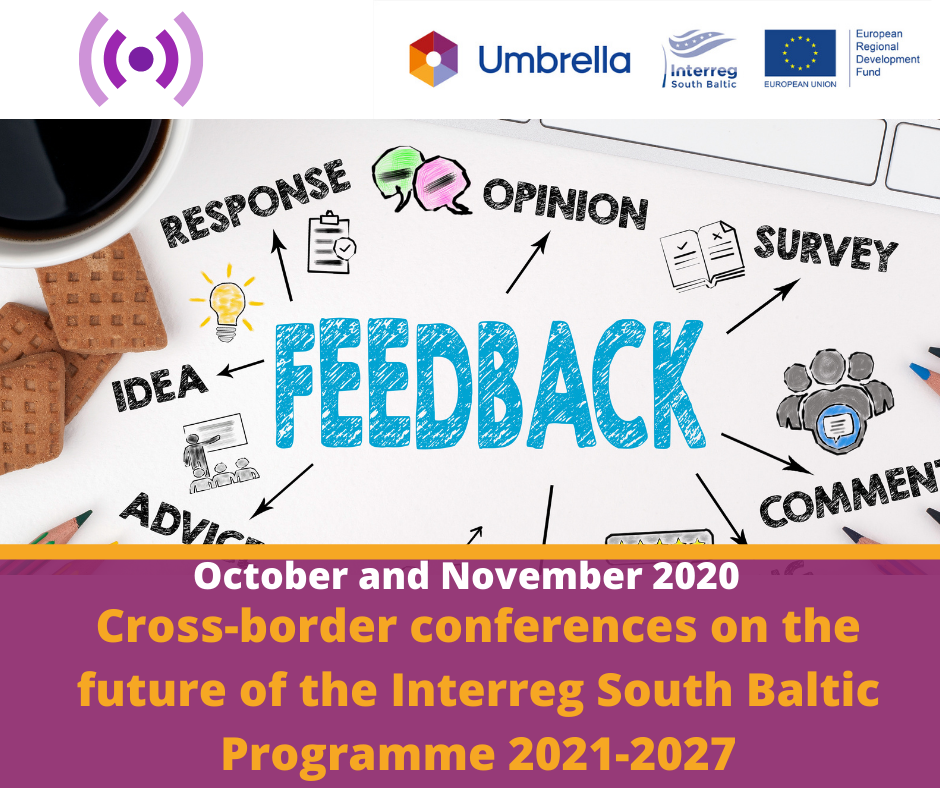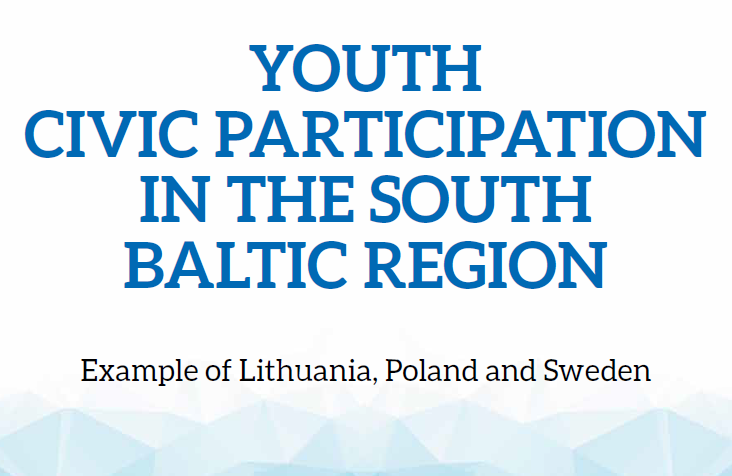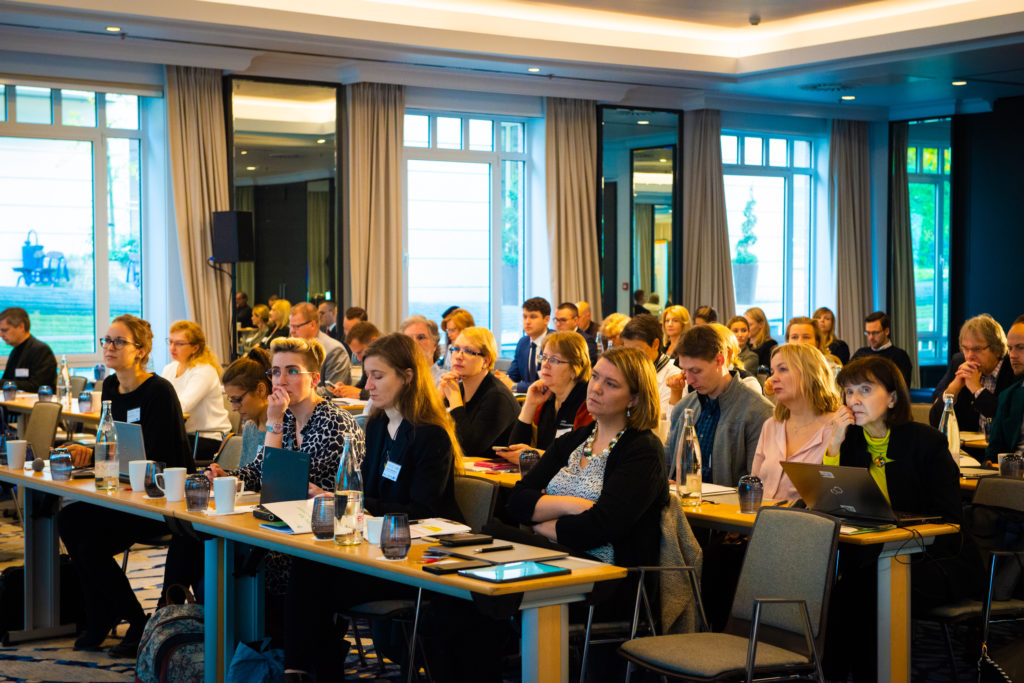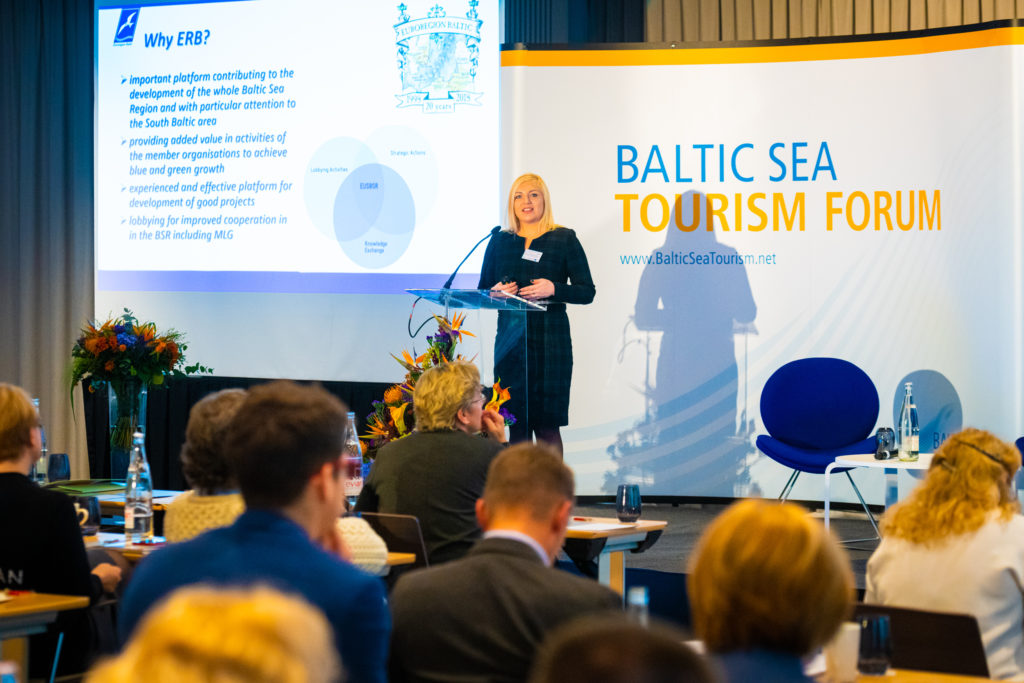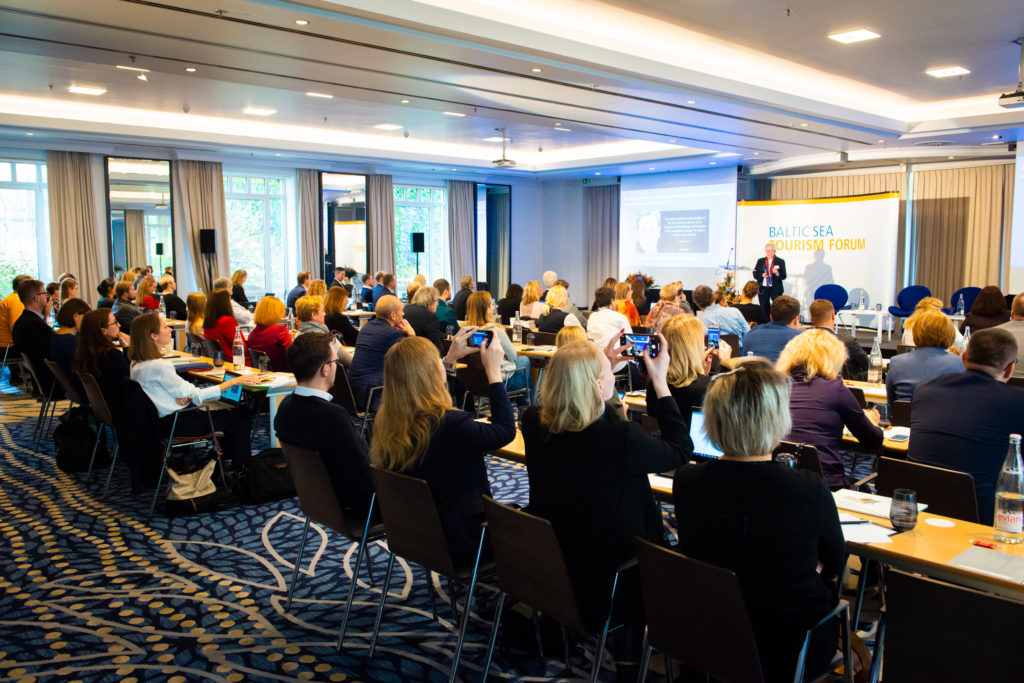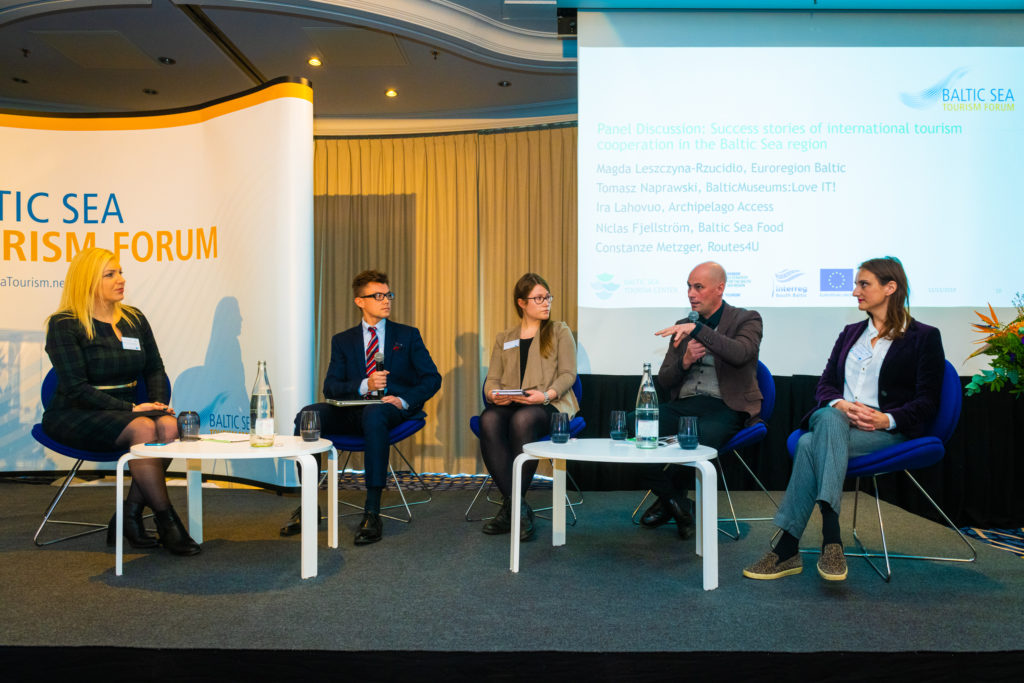The Joint Programming Committee approved a draft of the Interreg South Baltic Cross-Border Cooperation Programme 2021-2027. An external contractor prepared a draft report of the Programme Strategic Environmental Assessment (SEA).
Now, you can HAVE YOUR SAY!
Add your comments until 15th October 2021.
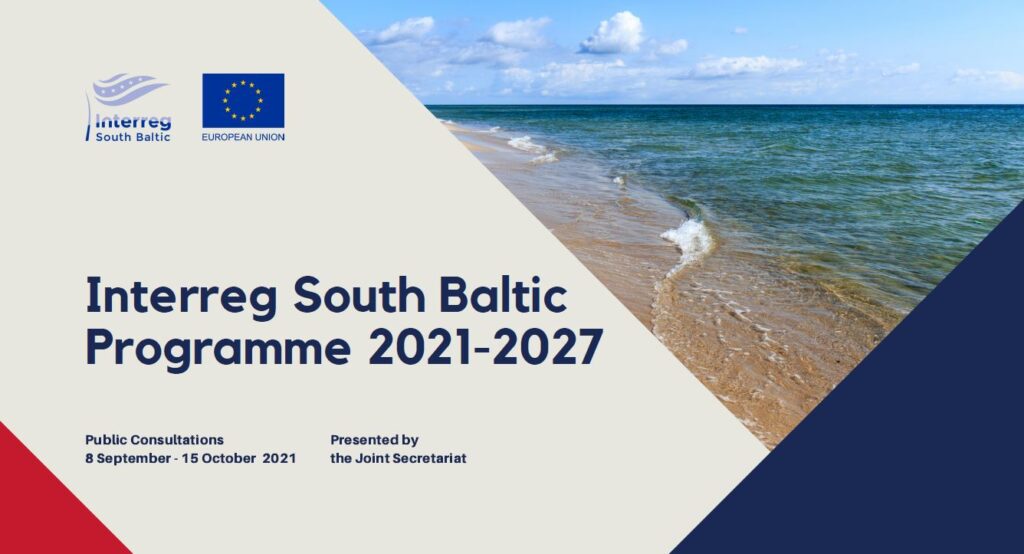
South Baltic programme JS Team is happy to announce that the Joint Programming Committee approved a draft of the Interreg South Baltic Cross-Border Cooperation Programme 2021-2027. In parallel, an external contractor prepared a draft report of the Programme Strategic Environmental Assessment.
This means that we are ready to announce the documents and start public consultations. It is time to share your opinion and contribute to the future of the South Baltic Programme.
Use the opportunity to get familiar with the draft documents:
- Template of the Interreg South Baltic Cross-Border Cooperation Programme 2021-2027
- Accessible version of the Interreg South Baltic Cross-Border Cooperation Programme 2021-2027 template
- Presentation of the Interreg South Baltic Cross-Border Cooperation Programme 2021-2027
- Reader’s friendly version of the Interreg South Baltic Cross-Border Cooperation Programme 2021-2027
- Accessible version of the Reader’s friendly version of the Interreg South Baltic Cross-Border Cooperation Programme 2021-2027
and give your feedback by filling in two separate online questionnaires:
- Interreg South Baltic Cross-Border Cooperation Programme 2021-2027 template
- Strategic Environmental Assessment report
We also encourage you to take a direct and active part in the seminars organised by the Regional Contact Points of the South Baltic Programme. Relevant information will be announced on our website in the “Events“ section as well as on the Programme’s social media platforms Facebook, Linkedin and directly by the Contact Points.
The public consultation process will take 37 days. The deadline for submitting comments is 15 October 2021.
Your feedback is very valuable in developing the new Programme and will be used by the Joint Programming Committee to finalise the programming process.
Best regards
South Baltic Team
More information: https://lnkd.in/gAjagy4U
#PublicConsultations#SouthBaltic#Interreg#JPC#SailingTogether



